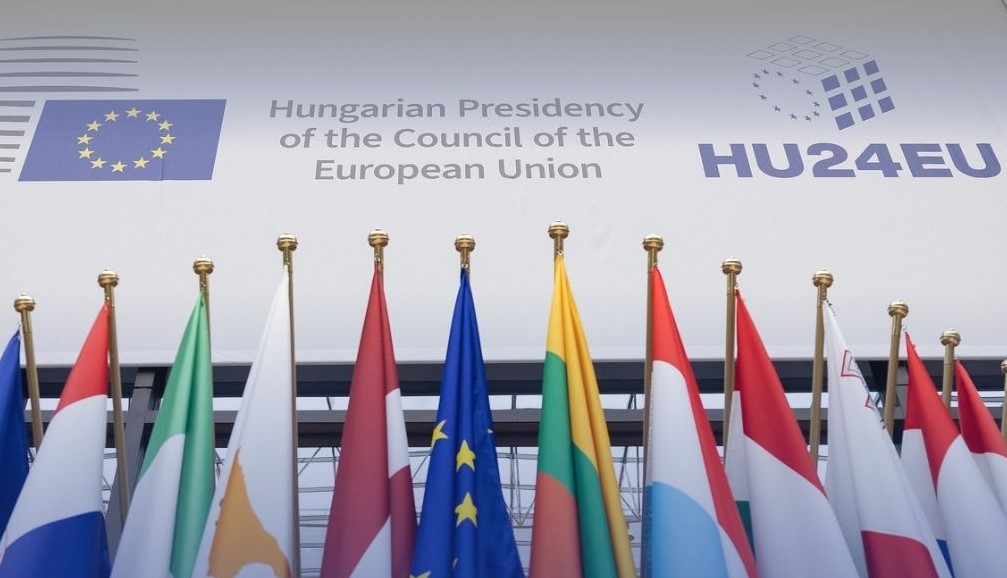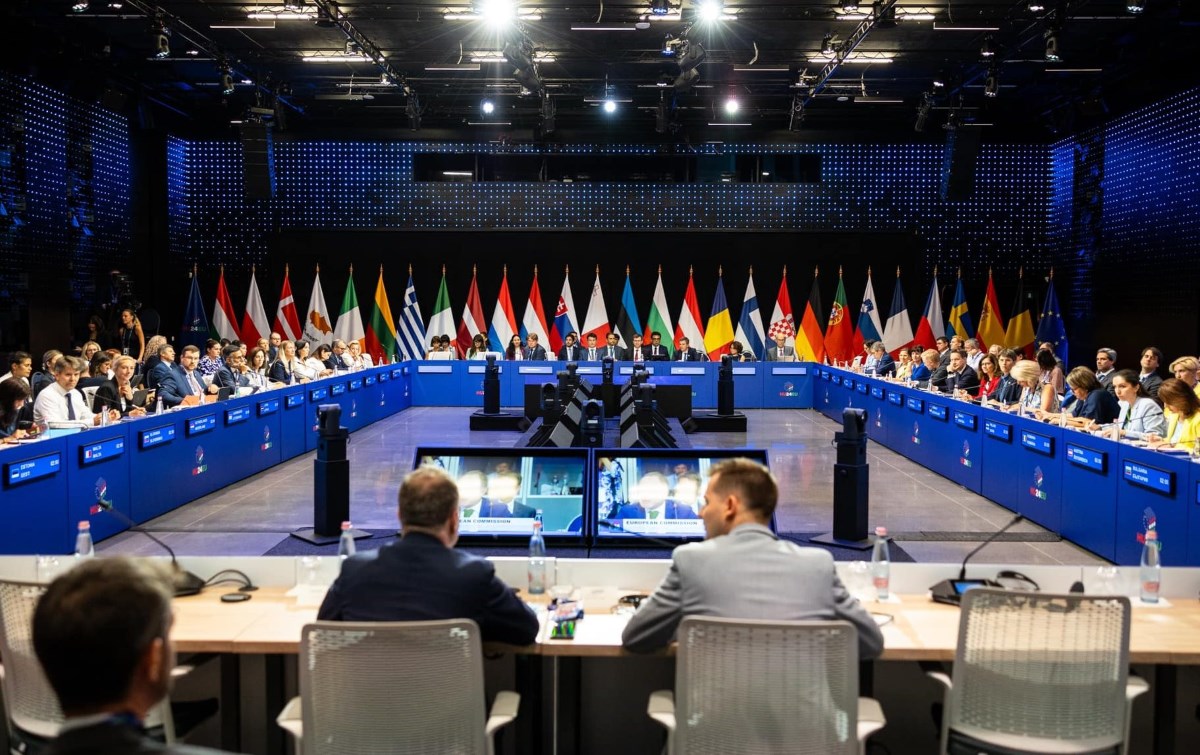
State Secretary Barna Pál Zsigmond criticized the double standards applied to the Presidency.Continue reading

On Tuesday September 3, an informal meeting of the General Affairs Council was held in the Hungarian capital. At the post-meeting press conference, EU Affairs Minister János Bóka said that the participants agreed that demographic aspects should be much better channeled into EU decision-making processes and reflected in European policies.
The meeting was attended by sixteen ministers, deputy ministers and secretaries of state, eight European directors, two Coreper ambassadors and one head of department, as well as a deputy director-general from the Commission. János Bóka said that he and his colleagues had discussed how better and quality legislation and the rule of law within the EU institutions can contribute to the EU’s competitiveness.
Participants agreed that the quality of EU legislation can be improved significantly in a number of areas, including through more focused impact assessments, better consideration of member states’ specificities and meaningful involvement of relevant economic actors in decision-making processes.
The informal dinner on Monday evening also gave industry, Digital Europe and small and medium-sized enterprises the opportunity to express their views,” added Mr. Bóka.
Today’s informal #GAC meeting under @HU24EU explores how improving the quality of EU legislation could boost European #competitiveness.
We look at challenges related to #demographic change which require a third transition, in addition to the green and digital ones.
— Bóka János (@JanosBoka_HU) September 3, 2024
Tuesday’s meeting discussed how to create the human resources needed for competitiveness and the funding sources for new initiatives. “Investing in modern technologies, reducing dependence on third countries, promoting the digital single market, and developing research and innovation are key to a new European competitiveness pact,” the minister noted. He added that
the Hungarian Presidency of the Council of the EU aims to lay down the outlines of a new European competitiveness pact for the informal European Council meeting in Budapest on November 8.
Regarding the importance of demographic challenges, János Bóka stressed that those could be seen as a third transition, alongside the green and digital transitions. “The persistence of declining trends in the member states will mean that by 2070 only 3.7% of the world’s population will be living in Europe, that raises serious questions not only about competitiveness but also about Europe’s place in the world. At the working lunch, member states shared their policy responses to population decline and ageing, the importance of retraining and family policy,” the minister said.
Informal #GAC during @HU24EU: frank and open discussion on better regulation, strengthening competitiveness and tackling demographic challenges. An inspiring start for the new institutional cycle. To be continued. pic.twitter.com/cjKmAlEjzY
— Bóka János (@JanosBoka_HU) September 3, 2024
In response to a question, János Bóka underlined that the Hungarian government had not yet received Ursula von der Leyen’s information on the composition of the College of Commissioners. Once this is received, the Hungarian Presidency is ready to put it on the agenda of the European Council’s preparatory body so that the hearing of the candidates could begin as soon as possible in the European Parliament.
Via MTI, Featured image: Facebook/Bóka János